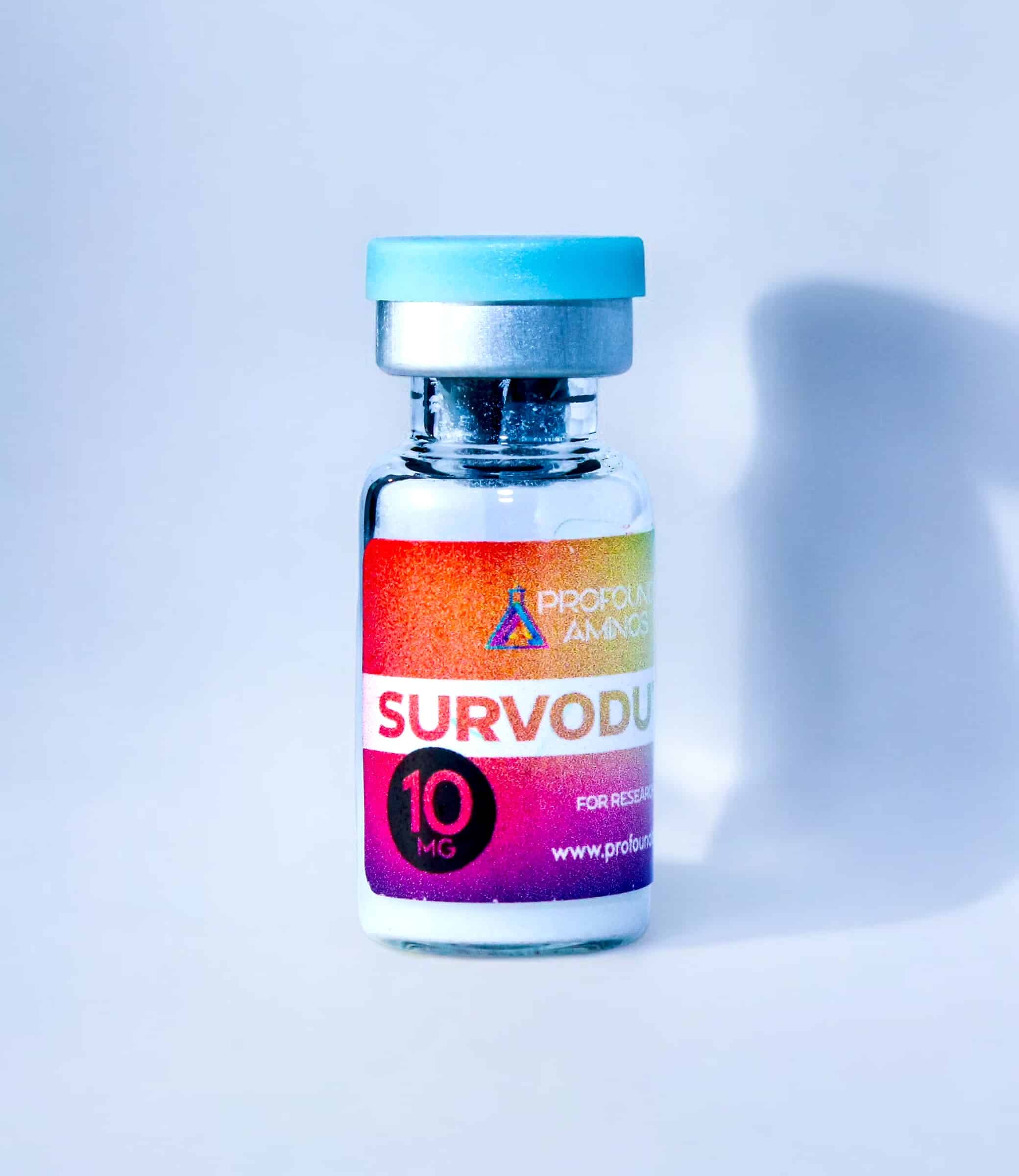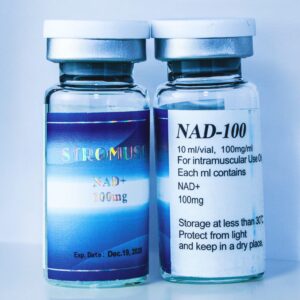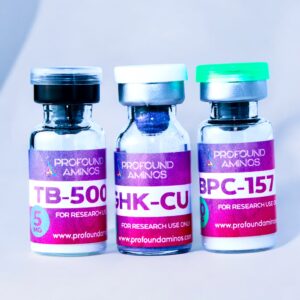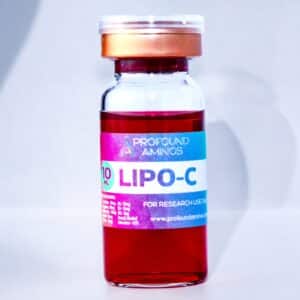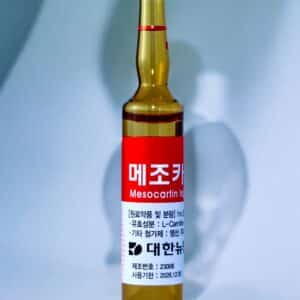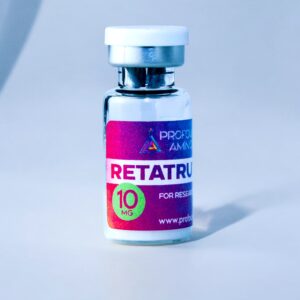Your cart is currently empty!
Survodutide
Survodutide (BI 456906), licensed to Boehringer Ingelheim, is an investigational long-acting, glucagon/GLP-1 receptor dual agonist for once-weekly subcutaneous administration. Activating the glucagon and GLP-1 receptors simultaneously may reduce body weight by both increasing energy expenditure and reducing food intake. The molecule is designed to leverage the body weight reduction and glycemic control of GLP-1 receptors […]
In stock
Description
Survodutide (BI 456906), licensed to Boehringer Ingelheim, is an investigational long-acting, glucagon/GLP-1 receptor dual agonist for once-weekly subcutaneous administration. Activating the glucagon and GLP-1 receptors simultaneously may reduce body weight by both increasing energy expenditure and reducing food intake.
The molecule is designed to leverage the body weight reduction and glycemic control of GLP-1 receptors with some activity on the glucagon receptors, which are present in the liver.
Boehringer Ingelheim is evaluating survodutide in global Phase 3 trials for people living with overweight and obesity, among key sub-populations. SYNCHRONIZE-1 and SYNCHRONIZE-2 include people living with comorbidities, without and with type 2 diabetes, respectively. The SYNCHRONIZE-CVOT trial includes people living with cardiovascular disease, chronic kidney disease, or with risk factors for cardiovascular disease. In addition, Boehringer Ingelheim is exploring survodutide in regional Phase 3 clinical trials in Japan (SYNCHRONIZE-JP) and in China (SYNCHRONIZE-CN) for sub-populations of people living with obesity.
Survodutide was previously evaluated in three Phase 2 clinical trials. The first was a Phase 2 trial with survodutide in people with type 2 diabetes on stable metformin background therapy showed dose-dependent decreases in blood sugar, HbA1c, after 16 weeks. The second Phase 2 trial with survodutide was in people living with overweight or obesity and demonstrated dose-dependent body weight reductions after 46 weeks. A third phase 2 trial with survodutide in people with metabolic dysfunction-associated steatohepatitis (MASH), showed improvements in MASH and liver fibrosis after 48 weeks. MASH is one of the most prevalent and serious obesity-related comorbidities.
Additional information
| Strength | 10mg |
|---|
